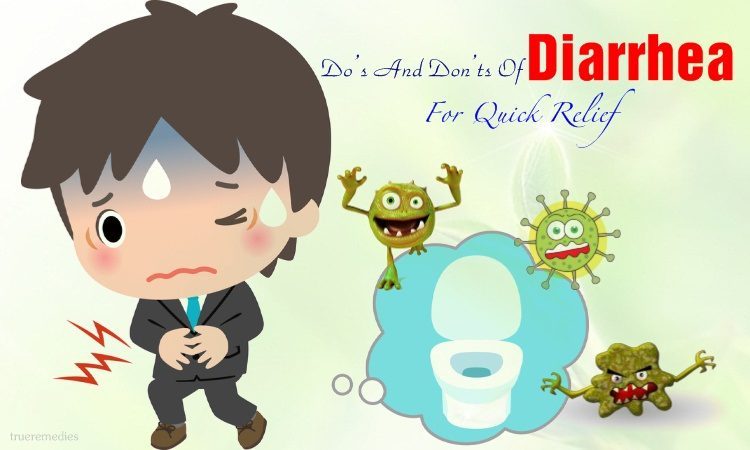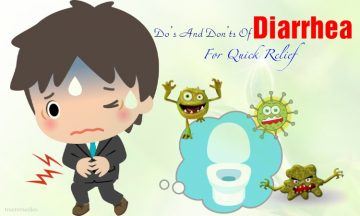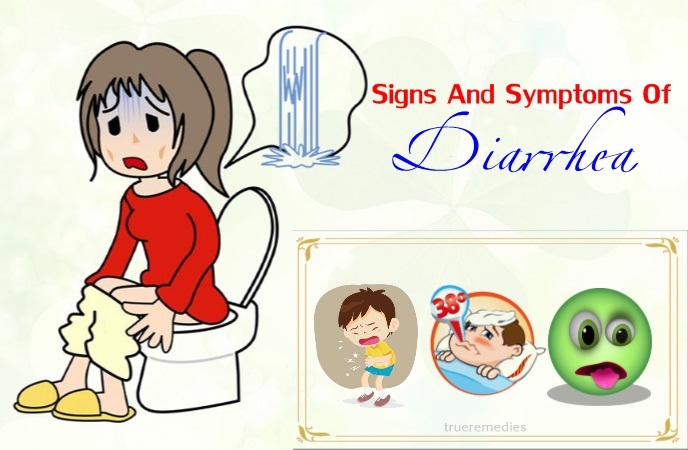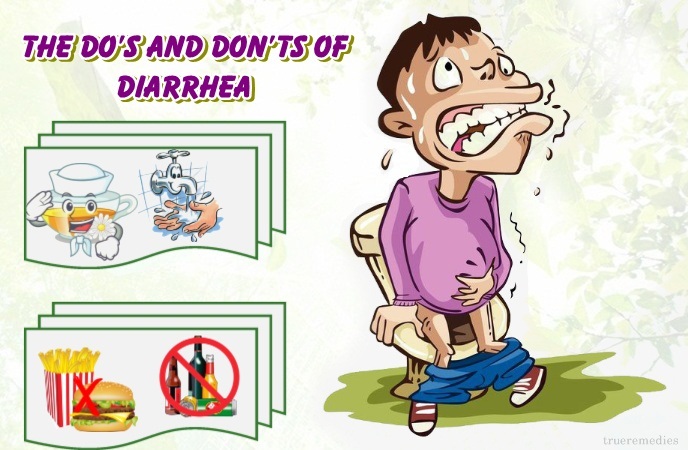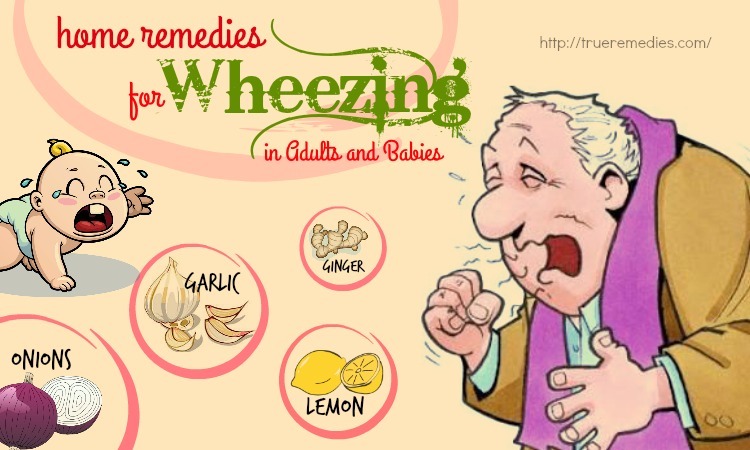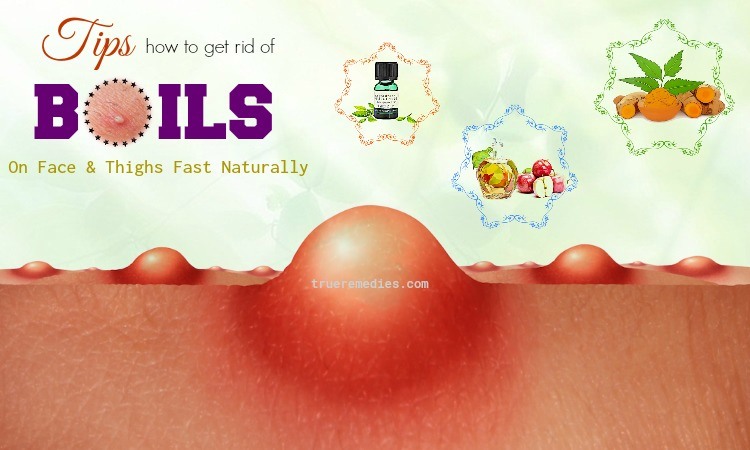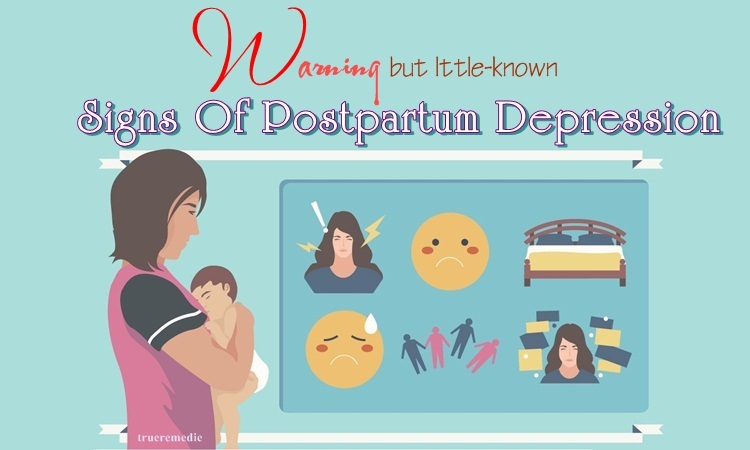Updated: 12/06/2019
Table Of Contents
What is diarrhea? And why this disease has become a serious problem for most people. This is because some people always think that diarrhea is just a normal disease, and it doesn’t affect remarkably to our health. When it happens and appears more and more serious signs, they are really worried about this at that time. But in fact, diarrhea is a disease that we should not underestimate. So, to help you have more knowledge and information about diarrhea, as well as the causes, signs, and the do’s and don’ts of diarrhea, we introduce to you this article that provides to you basic information about the disease. Let’s check it out on TrueRemedies site!
- 15 natural home remedies for diarrhea that work (This article was medically reviewed/ fact checked by Rachelle Caves RDN, CNSC, CPT)
- 24 natural tips on how to get rid of diarrhea overnight
12 Do’s And Don’ts Of Diarrhea For Quick Relief
I. Causes Of Diarrhea
There are a variety of reasons for diarrhea, but we just list some main factors[1]. So, why do you have diarrhea?
- Lactose intolerance: A few people cannot digest the lactose in milk and dairy products, which causes diarrhea due to the lack of enzyme necessary to break down Lactose properly.
- Food allergy: When the digestive system is unable to process some dishes due to food allergies, these foods may cause an upset stomach, leading to diarrhea.
- Contaminated water: In fact, the dirty water may cause an upset stomach, resulting in diarrhea.
- Side effects of certain medications: Antacids, laxatives, antibiotics, antiviral medications, and drugs containing magnesium may cause diarrhea.
- Intestinal diseases and digestive disorders: Certain digestive disorders and intestinal diseases such as celiac disease, microscopic colitis, ulcerative colitis, and Irritable Bowel Syndrome may cause diarrhea.
- Alcohol and caffeine
II. Signs And Symptoms Of Diarrhea
Diarrhea is one of the leading causes of death in the world. When you have diarrhea, your bowel movements are loose and watery. It usually lasts a few days or even four weeks if left untreated. Diarrhoea is itself a symptom. It can only be associated with other symptoms. There are many different symptoms that can be associated with diarrhea, and you may experience only one or more of these symptoms[2]. Common signs of diarrhea include:
- Nausea
- Abdominal pain
- Cramping
- Bloating
- Dehydration
- A fever
- Bloody stools
- A frequent urge to evacuate your bowels
- A large volume of stools
Particularly, patients with regular bowel movements may lead to weakness, tiredness, and sickness. In fact, dehydration is not a symptom of diarrhea. It is actually a complication arising from severe uncontrolled diarrhea. This is because water is an initial element to save a human’s life. Thus, it can also be dangerous if left untreated. Here some signs of dehydration[3]:
- Increased thirst
- Dizziness
- Fatigue
- Dry mouth
- Dark urination or less urination than normal
- Headaches
- Tired or sleepy
- Dry skin
In the case of diarrhea, when you lose more water than you take in, you lose essential electrolytes that are important minerals found in blood, urine, tissues, and other body fluids. Electrolytes help to balance the amount of fluid and the pH level in the body, move nutrients into the cells, and remove wastes from your cells[4] [5]. Therefore, when suffering from diarrhea, the most crucial thing is to compensate for lost water and electrolytes to avoid dehydration and prevent diarrhea from getting worse[6].
TrueRemedies Partner Solutions

Need a Help from the Leading Expert Online, Available 24/7?
They’re all here and ready to answer your questions online or by phone. Keep asking questions until you get the answer you need.
III. The Do’s And Don’ts Of Diarrhea
1. Do’s And Don’ts For Fluids When You Have Diarrhea
a. The Do’s
- Do Drink Plenty Of Fluid: Fluid is most important, and make sure you drink plenty of fluid for compensating for lost water when you have diarrhea[7]. Especially, the amount of water you need to replenish depends on how much is being lost. Note that you should drink at least one cup of liquid as soon as you are just stooling. Water, fruit juice, and salty broths are the best choices for you. However, water alone doesn’t replace the essential salts for the body, so adding these necessary salts is crucial during a bout of diarrhea.
- Do Drink A Tea With Chamomile: Chamomile tea is a delightful herbal tea and is renowned for antibacterial and antiviral properties[8] [9] [10] that help to eliminate parasites and harmful pathogens, causing diarrhea. A study found that chamomile tea not only soothes diarrhea symptoms but also helps to improve irritable bowel syndrome[11].
b. The Don’ts
- Don’t Consume Caffeine Or Alcohol: Caffeine and alcohol are one type of drinks that affect your digestive tract and even your body when you have diarrhea[12]. Hence, drinking these drinks just makes your condition worse.
- Don’t Consume Beverages At Extreme Temperatures: People usually said that anything that is too hot or too cold leads to a negative result for humans, especially for diarrhea patients. You should drink warm water or all liquids at room temperatures to help reduce diarrhea.
2. Do’s And Don’ts For Nutrition When You Have Diarrhea
a. The Do’s
Do Eat Small Meals: Nutrition also plays an important role to reinforce your health; but, how to eat properly while having diarrhea? You should divide three main meals into five or six small meals a day[13]. That can support your digestion better, and you don’t lose essential nutrients. If you eat too much food, it will cause nausea and possibly worsen your condition.
Do Stick With Bland Foods: People with diarrhea should eat bland foods, as spicy or complex foods can irritate the bowels[14]. Bland foods, that may help diarrhea, include:
- Bananas
- Hot cereals (oatmeal, rice porridge, cream of wheat, etc.)
- Applesauce
- Bread or toast
- Plain white rice
- Unseasoned crackers
- Boiled potatoes
These foods can help replace lost nutrients and improve your stools. Although it’s quite difficult for people who never eat bland foods, let’s try to do it and see its positive effect.
Note: Always wash the fruit before you consume them and always wash the vegetables before cooking them
b. The Don’ts
Don’t Eat Fried Foods: You should not eat foods high in oil or fat when recovering from diarrhea. In fact, added oil and oil from frying may be difficult for a sensitive digestive system and will likely make the symptoms worse[15]. Instead, patients can eat boiled or steamed vegetables, lean proteins, boiled eggs, or baked foods such as beef, pork, chicken, fish, etc.
Don’t Eat Foods And Vegetables That Cause Gas: Eating gassy foods when you have diarrhea can enhance intestinal gas, leading to trouble in your digestion. Therefore, you need to reduce these foods such as fruits and vegetables (prunes, berries, beans, peas, broccoli, corn, and green leafy vegetables) and sweet foods (cookies or cakes).
3. Lifestyle Do’s And Don’ts When You Have Diarrhea
a. The Do’s
Do Wash Your Hand: Washing your hand is an important thing. You should do it before eating or after going to the toilet to prevent diarrhea. Additionally, diarrhea can be transmitted from person to person or from other factors in the outside. If you have kids, it’s vital for you to teach them how to wash their hands properly and the benefits of this.
Do Know When To Call The Doctor: If you get any of the following symptoms, you should find a doctor for help:
- Diarrhea lasts more than three days, along with continuous vomiting
- Temperature more than 101°F (38.3°C): Anyone experiencing a fever of higher than 102°F (38.3°C) or severe abdominal pain should visit a doctor.
- You’re dehydrated, abnormally weak, or are feeling giddy.
- Your stools are bloody or black like tar-like: Blood or mucus in the stool exhibits more serious cases of diarrhea. This is often accompanied by a fever, which requires a visit to the doctor as soon as possible.
Do Consider Taking Medication: In most cases, you can treat your acute diarrhea with over-the-counter medicines such as loperamide (Imodium) and bismuth subsalicylate (Pepto-Bismol, Kaopectate)[16]. However, doctors generally do not recommend using over-the-counter medicines for people who have bloody stools, fever, or signs of infection. If your diarrhea lasts more than 2 days, see a doctor right away.
b. The Don’ts
Don’t Exercise: As you may know, strenuous exercise may be a cause of dehydration, nausea, stomach distress, and heartburn that can worsen your diarrhea symptoms. You should avoid it until your condition subsides or until you are fully recovered to come back to the gym.
Hopefully, the information we provide and share with you can help you understand more about diarrhea to treat and prevent it. Moreover, diarrhea is a symptom that easily happens to every one of any age, especially children and the elderly. Therefore, pay more attention to good health protection, so you don't get sick. If you know the do’s and don’ts of diarrhea that are not mentioned in this article, feel free to tell us by leaving your comment in the box below. There are also many useful and informative articles on our site, visit our main News & Facts to read more.

